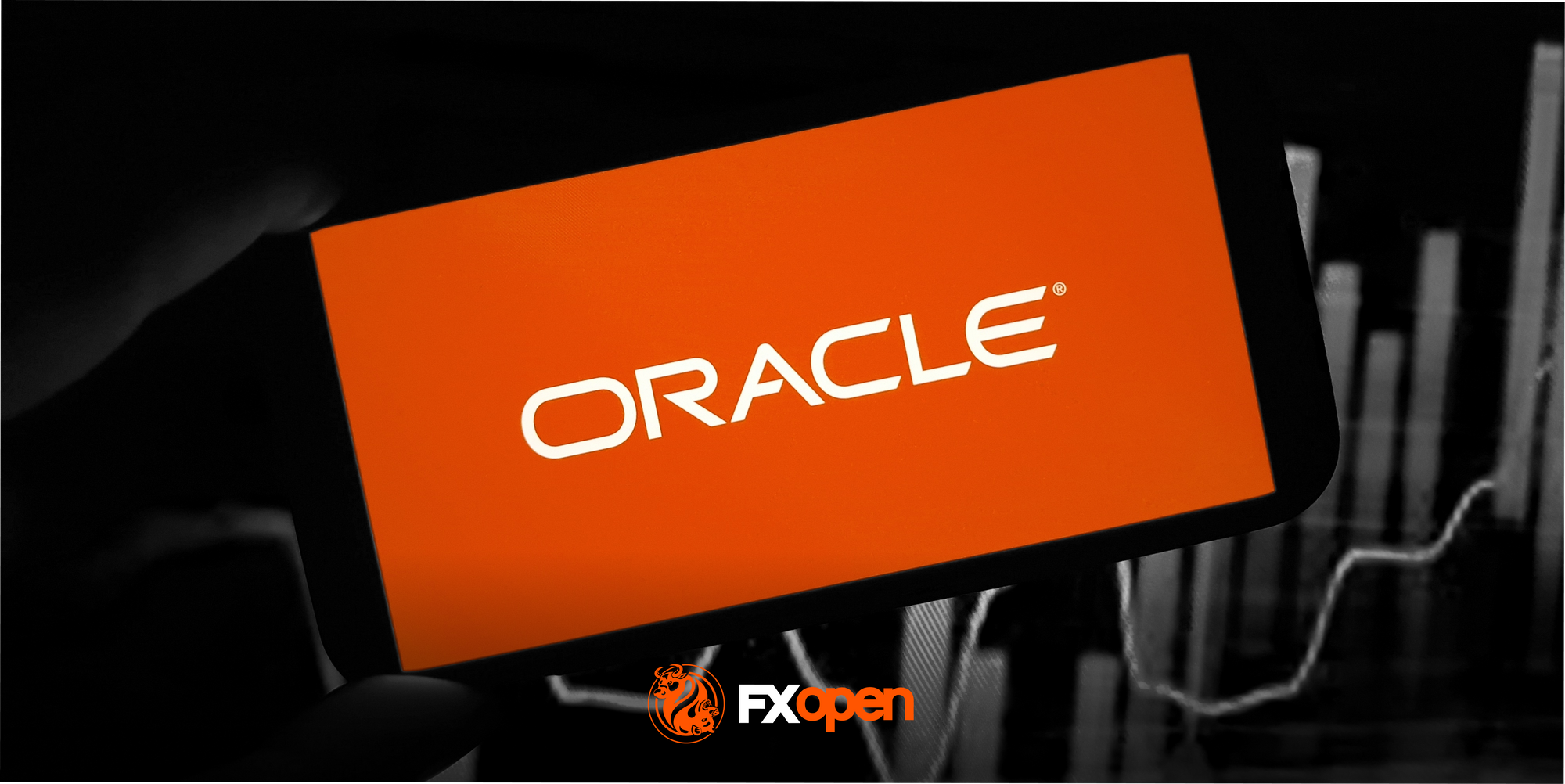FXOpen

It would be very easy to consider some of the gargantuan giants of Silicon Valley to be far too powerful to be affected by any intervention from a government department in a single country, especially the dominant big cap leaders such as Google, Facebook and Apple.
This week, however, Facebook, which is listed on the tech-friendly NASDAQ exchange under its new name, Meta Platforms Inc with its original ticker symbol NASDAQ:FB still in place, has been dealt a blow by the United Kingdom Competition and Markets Authority (CMA) which is the division of the government that deals with mergers, acquisitions and monopolies.
Big-hitting giants such as Facebook (now Meta) and its West Coast peers have become accustomed to having a free rein when it comes to buying up smaller companies that they consider to be a threat to their market power.
One such example was Facebook's acquisition of Giphy, a well known resource for animated GIF files and stickers, used by over 250 million people globally.
The company's point of interest for Facebook could perhaps be the way that it operates. It is fundamentally a database and search engine that allows users to search for and share short looping videos with no sound, that resemble animated GIF files.
Just under two years ago, Meta, which at the time was operating as Facebook Inc, acquired Giphy for a lofty $400 million. Now, after much hand wringing and deliberation by the British authorities, the future of this partnership hangs in the balance as the CMA's intervention which resulted in a ruling that will force Meta to sell Giphy based on the regulator's decision that Facebook's ownership of Giphy could harm social media.
Currently, the British government's ruling directs Facebook to sell Giphy, however it could have this decision enforced in a court if it was met with resistance.
This is a major milestone for regulators against big tech, and in the eyes of some commentators, could signal the end of the huge buying spree that has led to many of the large internet companies having scooped up their competitors and gained enormous economies of scale that border on monopolies.
As a result, shareholders of Facebook (Meta) stock are taking a varied view and therefore there has been a fair amount of volatility in Meta stock during the course of the past few days.
One of the reasons that big tech stocks are so popular among a wide range of traders worldwide is because of their relative stability. Investors and traders looking to add low risk stock to their portfolios have been interested in the 'FAANG' stocks for a very long time, and their popularity has risen over the past two years despite trending stocks having become a focus for those wanting a bit of volatility.
Given that dynamic, the volatility in Meta stock that has been evident over the past few days represents the two schools of thought, in that some investors appear to be unfazed by this milestone ruling, perhaps considering that Meta is so gigantic that a government in just one of its markets has flexed its muscles and asked it to sell a small subsidiary just shortly after aquiring it and are biding their time, but other investors may look at this as a milestone win for the authorities against the seemingly unstoppable power of big tech to control the market.
Therefore, it may be looked upon as a legal precedent that could be applied to other similar deals and mark a turning point in the domination over their space that the big tech firms have.
this dichotomy has resulted in a very interesting journey for Meta stock, which closed yesterday on the New York session at a low point, but arrived at that low point via various upward and downward movements.
Over the five day moving average, however, there is a definite downward direction. Trading began in New York on Monday at $338.92, however by the end of Thursday's trading session, it was at $310.39.
That is quite a move for an otherwise very stable and non-volatile stock.
It is entirely possible that the government departments are beginning to win their long, drawn-out struggle against the giants of the big tech world in the quest to make it a more fair market, and therefore no doubt traders are waiting to see if this is the beginning of many similar actions.
This article represents the opinion of the Companies operating under the FXOpen brand only. It is not to be construed as an offer, solicitation, or recommendation with respect to products and services provided by the Companies operating under the FXOpen brand, nor is it to be considered financial advice.
Stay ahead of the market!
Subscribe now to our mailing list and receive the latest market news and insights delivered directly to your inbox.








